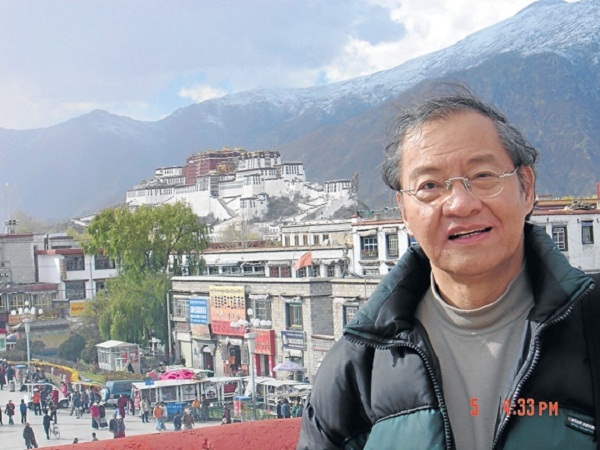MANILA, Philippines—The joint oil exploration deal in the West Philippine Sea with China that President Rodrigo Duterte is eyeing to push must be in accordance with both the Philippine and Chinese laws, Manila’s ambassador to Beijing said Thursday.
“The contract has to be in accordance with the Philippine Constitution and also with the — with UNCLOS (United Nations Convention on the Laws of the Sea). And since the Chinese are involved, [it] also [should be] in accordance with the Chinese Constitution, I think,” Philippine Ambassador to China Chito Sta Romana told reporters in a press briefing in Beijing.
Sta. Romana made the statement just hours before Duterte meets with Chinese President Xi Jinping where the two leaders are expected to discuss oil and gas exploration and other maritime issues concerning the two countries.
Manila’s top diplomat to Beijing noted that there would be “protracted” or “intense negotiations on the legal points and legal experts would have to come in and see how they can phrase it in a way that will be in keeping – that is acceptable to both sides.”
Duterte has said that there’s nothing wrong with China’s proposal to split oil resources in the West Philippine Sea in Manila’s favor.
READ: Joint oil exploration deal with China Duterte OK with 60-40 split in PH favor
But Sta. Romana cannot answer if the 60-40 split in favor of the Philippines is a tacit acknowledgment of Manila’s sovereign rights over the disputed area, adding that it only shows that China is willing to be “flexible.”
“They are willing to be flexible. The Chinese (government) has expressed their desire to be flexible and pragmatic because of the improving bilateral relations,” he said.
Sta. Romana also said that China and the Philippines have already agreed on the terms of reference (TOR) for the possible joint exploration deal. However, he did not disclose further details of the project which he said were ironed out months after both countries signed in November a memorandum of understanding (MOU) for oil and gas exploration during Xi’s state visit to the country.
“In the past two months, last June, the Philippine side submitted its proposed terms of reference to the Chinese side, and the Chinese side agreed to it and submitted their letters, their notes of the agreement last July. So that has already been agreed upon,” Sta. Romana said.
“It’s possible the two sides will discuss, you know, the need to form now the joint steering committee and joint entrepreneurial working committees, meaning composed of the companies that will actually be engaged in the cooperation,” he added.
The MOU stated that the Philippines and China agreed to establish a “joint steering committee” and “joint entrepreneurial working committees,” to look into possible energy cooperation.
According to the MOU, the steering committee would be composed of government officials and would be co-chaired by the Philippines’ Department of Foreign Affairs and China’s Ministry of Foreign Affairs. Serving as vice-chairs were the Department of Energy (DOE) and Chinese energy ministry.
Meanwhile, the entrepreneurial working committees will be composed of executives from companies that will take part in the oil and gas exploration.


